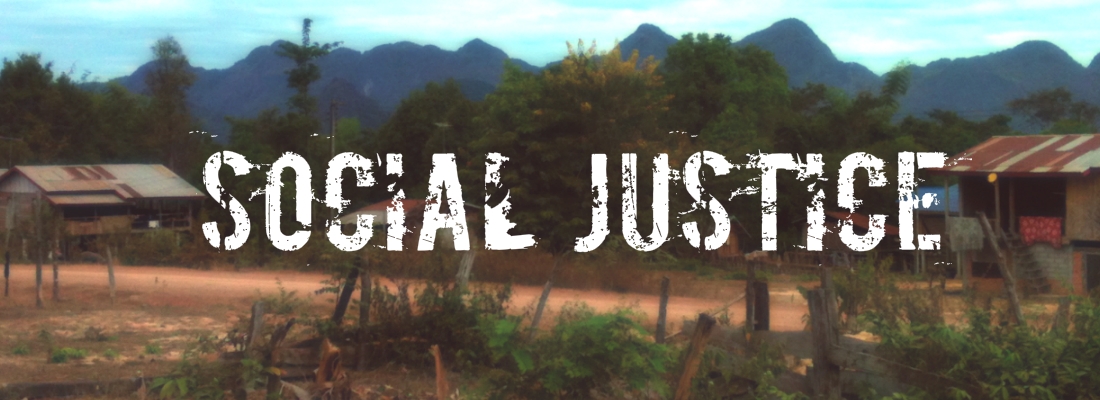 I was sipping a cup of Pike Place coffee yesterday morning at a Starbucks in the Miami International Airport. With little else to do while waiting for my flight home to Philadelphia, I mused about the origin of coffee. So, I decided to “Google” it – the scholarly thing to do. I discovered that no one knows exactly how or when coffee was discovered, though there are many legends about its origin.
I was sipping a cup of Pike Place coffee yesterday morning at a Starbucks in the Miami International Airport. With little else to do while waiting for my flight home to Philadelphia, I mused about the origin of coffee. So, I decided to “Google” it – the scholarly thing to do. I discovered that no one knows exactly how or when coffee was discovered, though there are many legends about its origin.
An Ethiopian legend
According to the National Coffee Association of the USA (http://www.ncausa.org), the coffee grown worldwide can trace its heritage to the ancient coffee forests on the Ethiopian plateau. Coffee trees still grow as they have for centuries in the Ethiopian highlands, where legend says the goat herder Kaldi first discovered the potential of these beloved beans.
It is said that Kaldi discovered coffee after noticing that his goats, upon eating berries from a certain tree, became so energetic that they did not want to sleep at night.
Kaldi reported his findings to the abbot of the local monastery who made a drink with the berries and discovered that it kept him alert for the long hours of evening prayer. The abbot shared his discovery with the other monks at the monastery, and slowly knowledge of the energizing berries began to spread. As word moved east and coffee reached the Arabian peninsula, it began a journey which would spread its reputation across the globe.
I thought about the energizing power of the Gospel. Does it still energize me so much that I don’ want to sleep at night; or, at least, I can’t wait to wake up to scatter the seed? I mean, do I get a headache or feel sluggish or feel unfulfilled when I don’t have the opportunity or time to meet with Jesus? Does the Gospel still energize me? If not, why? Is the problem with Jesus? No! He is the same yesterday, today and forever!
So…me? Yes.
Then I thought of first love; of a discipline of time spent with Jesus. Of prayer. Of meditation. Of Bible time.
So maybe, for me, that cup of coffee first thing in the morning along with my Bible and dedicated time to meet with Jesus is a good idea. A great way to start the day. To get energized. A gift from God!


